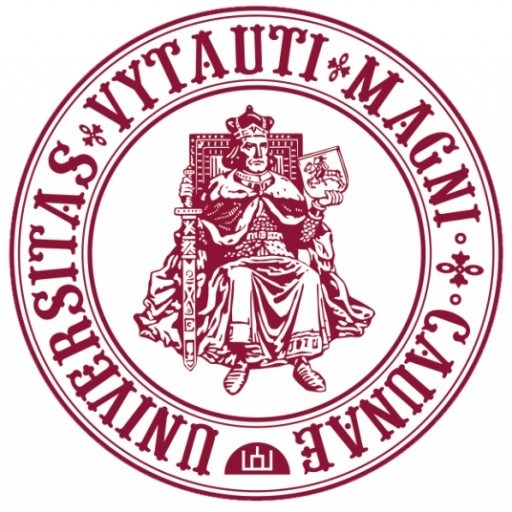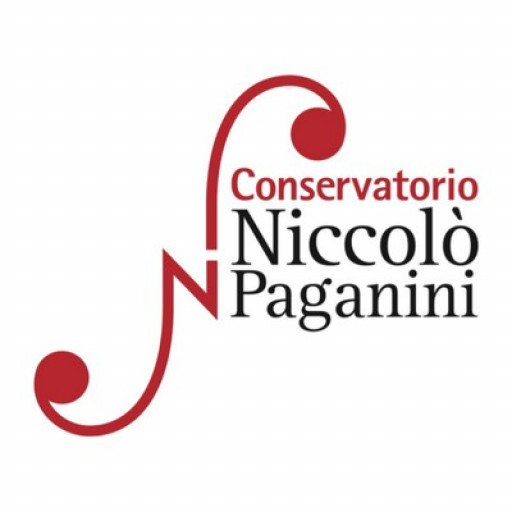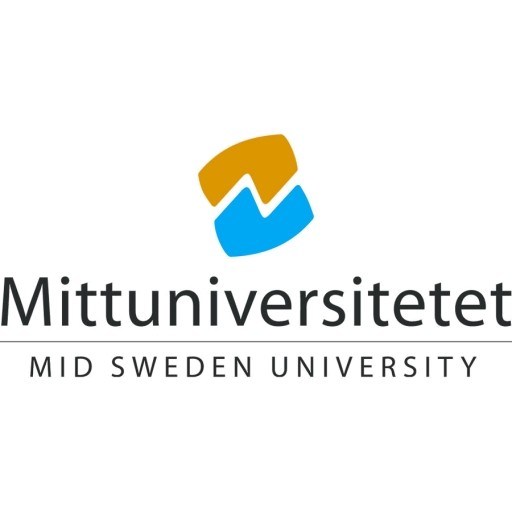Photos of university / #sunderlanduni
The BA (Hons) Magazine Journalism program at the University of Sunderland is designed to develop the skills and knowledge necessary for a successful career in magazine journalism and editorial media. This innovative course provides students with a comprehensive understanding of the principles and practices involved in creating engaging magazine content across a variety of platforms. Throughout the program, students will explore the history and evolution of magazine journalism, developing a critical awareness of different genres and styles. The curriculum covers essential skills such as feature writing, interview techniques, editing, layout, and digital publishing, ensuring graduates are well-prepared for the dynamic media landscape. Emphasis is placed on practical, hands-on experience, with opportunities to produce real magazine content, work on live projects, and engage with industry professionals through workshops and placements. Students learn how to generate compelling ideas, conduct effective research, and write articles that captivate diverse audiences. The program also explores the business side of magazine journalism, including marketing, branding, and distribution strategies, enabling students to understand how to position their work within the competitive media market. Additionally, the course incorporates training in new media technologies and multimedia journalism, reflecting the ever-changing nature of the industry. Graduates of this program will possess strong investigative, analytical, and storytelling skills, along with digital literacy, making them highly employable in a range of media roles. The University of Sunderland’s vibrant campus environment, combined with industry links and placement opportunities, provides students with networking prospects and real-world experience essential for career development. Whether aiming to write for print, online, or multimedia magazines, students will be equipped with the confidence and competence to succeed in the highly competitive field of magazine journalism.
The Magazine Journalism program at the University of Sunderland is designed to equip students with the essential skills and knowledge required to excel in the dynamic world of magazine publishing. Throughout this course, students will explore the fundamentals of journalism, including news gathering, writing, editing, and publication. The program emphasizes the development of strong storytelling abilities, critical thinking, and a creative approach to content creation. Students will learn how to produce engaging feature articles, investigative pieces, opinion commentary, and visual content tailored for magazine formats. The curriculum also covers the practical aspects of magazine production, such as layout design, digital publishing, and the use of multimedia tools to enhance storytelling. Students will have opportunities to work on real or simulated magazine projects, gaining hands-on experience in editorial workflows, commissioning, and audience engagement. The program aims to foster innovative thinking and adaptability, preparing graduates to succeed in various media environments, including print, online, and social media platforms. Alongside technical skills, students will develop an understanding of the ethical, legal, and professional standards expected in journalism. The course encourages collaboration and teamwork, mirroring the cooperative nature of magazine production teams. Additionally, students will benefit from industry links and guest lectures from experienced journalists and publishers, providing insights into current trends and opportunities within the magazine industry. By the end of the program, graduates will be equipped with a comprehensive portfolio showcasing their best work, ready to pursue careers as magazine writers, editors, content creators, or multimedia journalists. This program not only aims to develop journalistic skills but also nurtures a passion for storytelling and a commitment to quality journalism in a vibrant and evolving media landscape.
Candidates should possess at least a relevant UK entry qualification, such as A-levels (typically BBB or equivalent), or an international qualification comparable to this. A relevant academic background, such as previous study in media, communications, or related fields, is advantageous but not mandatory. Applicants are generally expected to demonstrate a keen interest in journalism and media practices, and may be required to submit a personal statement outlining their motivation and relevant experience. Work experience in journalism, media production, or related areas can strengthen an application but is not strictly necessary for admission. The university values diverse backgrounds and encourages applications from mature students or those with alternative qualifications who can demonstrate relevant skills and commitment. For international applicants, proof of English language proficiency, such as IELTS with a minimum overall score typically around 6.0 or equivalent, may be required unless their previous education was conducted in English. Additionally, some programmes may request references or a portfolio of work related to journalism, writing, or media production. All applicants are advised to meet the general entry standards specified by the university, which may vary annually. Prospective students who do not meet the standard criteria but demonstrate relevant experience or exceptional motivation may be considered on a case-by-case basis. The selection process may include an interview, particularly for applicants whose qualifications or experience do not clearly meet entry requirements. Applicants are encouraged to submit a well-prepared application form and supplementary materials highlighting their interest in magazine journalism and their potential to succeed in the programme. The university’s admissions team reviews each application individually and makes offers based on the overall suitability and potential of the candidate to benefit from the programme and contribute to the university community.
The University of Sunderland offers a range of financing options for students enrolled in the Magazine Journalism program to support their educational expenses. Undergraduate students can apply for various funding opportunities including government-backed loans such as the Student Loans Company (SLC) loans, which are available to eligible domestic students to cover tuition fees and living costs. These loans typically have favorable repayment terms and are designed to make higher education accessible. International students, on the other hand, are encouraged to explore scholarship opportunities, which may include university-specific scholarships, external grants, and sponsorships from media organizations or industry partners. Scholarships awarded for academic excellence or potential contribution to the journalism field can significantly offset tuition costs.
In addition to loans and scholarships, students might consider part-time work opportunities available both on and off-campus. The university's Career Service provides support in finding suitable employment options, which can help students manage living expenses while studying. The university also offers guidance on budgeting and financial planning to ensure students can efficiently manage their finances throughout their studies.
For postgraduate students, there are often research grants or funding specific to master's degrees, which might be available depending on the student’s home country and research proposal. Some employers or industry partners may offer sponsorship schemes or employer-funded training programs for students pursuing specialized journalism training, including magazine journalism.
International students should also explore scholarships specific to international applicants, such as the Sunderland International Scholarship, which offers a partial tuition fee waiver. Additionally, students may be eligible for external funding sources depending on their nationality and circumstances. International students are advised to contact the university’s international admissions office to obtain detailed information about available financial aid options and application procedures.
It is important for prospective students to check the university’s official website or contact the admissions and finance offices directly for the most current and detailed information regarding financing options, application deadlines, eligibility criteria, and the application process for each funding source. The university commits to providing comprehensive support and guidance to ensure that students can access the necessary financial resources to undertake their studies in magazine journalism effectively.
The Magazine Journalism program at the University of Sunderland is designed to provide students with comprehensive knowledge and practical skills necessary for a successful career in modern magazine journalism. The course offers a blend of theoretical understanding and hands-on experience, enabling students to develop their writing, editing, and publication skills across a variety of media formats. Covering topics from feature writing and investigative journalism to digital media and multimedia storytelling, the program prepares students to meet the evolving demands of the magazine industry.
Students benefit from access to industry-standard facilities, including specialist editing suites, newsroom environments, and contemporary digital tools. The curriculum emphasizes the importance of originality, ethical standards, and audience engagement in all forms of magazine content creation. Throughout the course, learners undertake projects that mimic real-world publishing scenarios, including working on student magazines and contributing to external publications, which enhance their portfolio and employability.
The program also fosters an understanding of the business aspects of magazine publishing, such as marketing, distribution, and branding strategies. Guest lectures from industry professionals and opportunities for work placements or internships provide valuable insights into the media landscape and facilitate networking with industry insiders. The course is suitable for aspiring journalists eager to specialize in magazine writing, as well as those interested in editorial roles, digital content creation, and media entrepreneurship.
Graduates of the Magazine Journalism program at Sunderland often find employment in various media outlets, including print, digital magazines, and online platforms. Some go on to roles as feature writers, editors, content producers, or digital media managers. The program's focus on critical thinking, creativity, and technical skills ensures students are well-prepared to adapt to the dynamic nature of magazine journalism and media industries in general.









